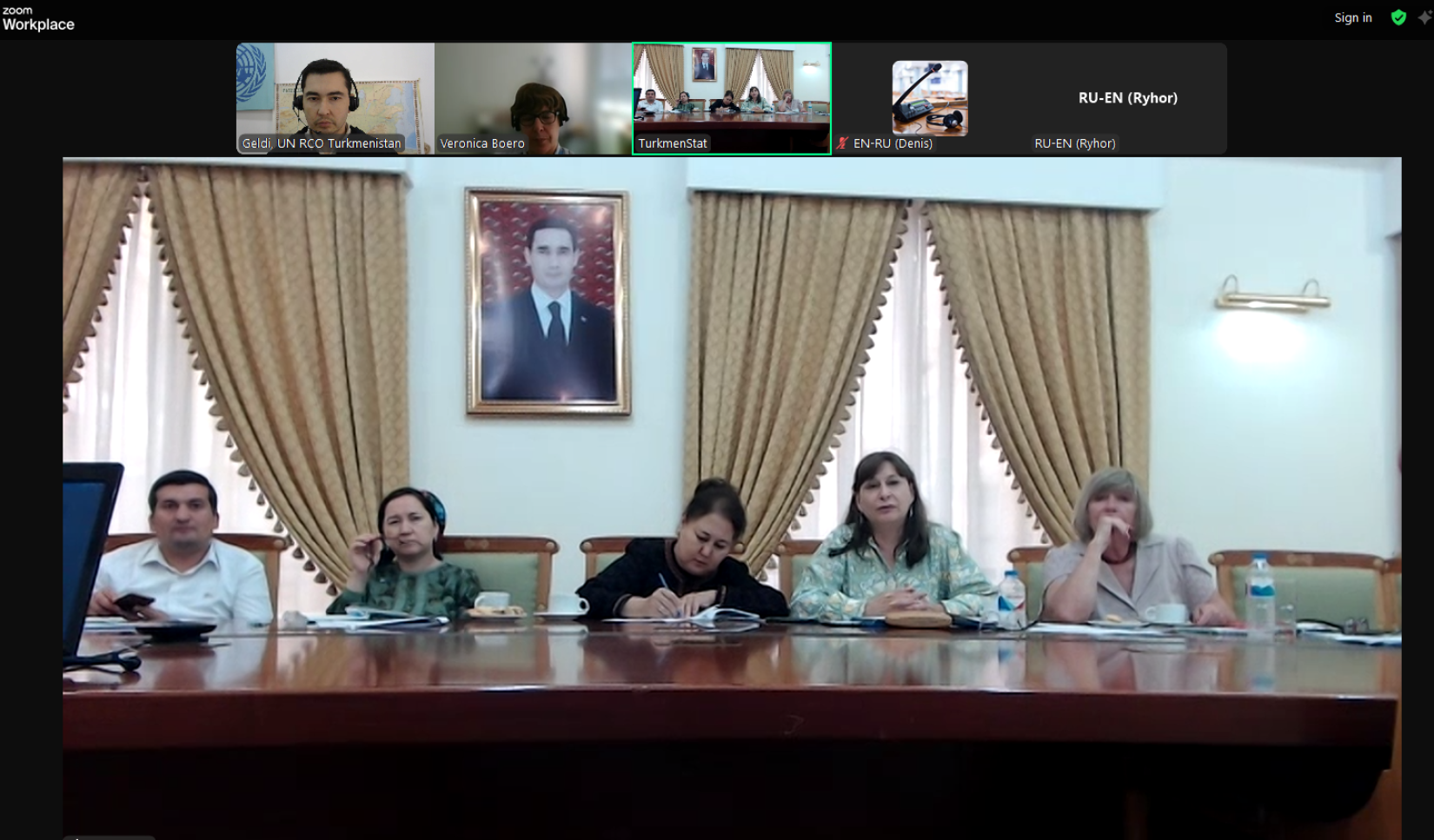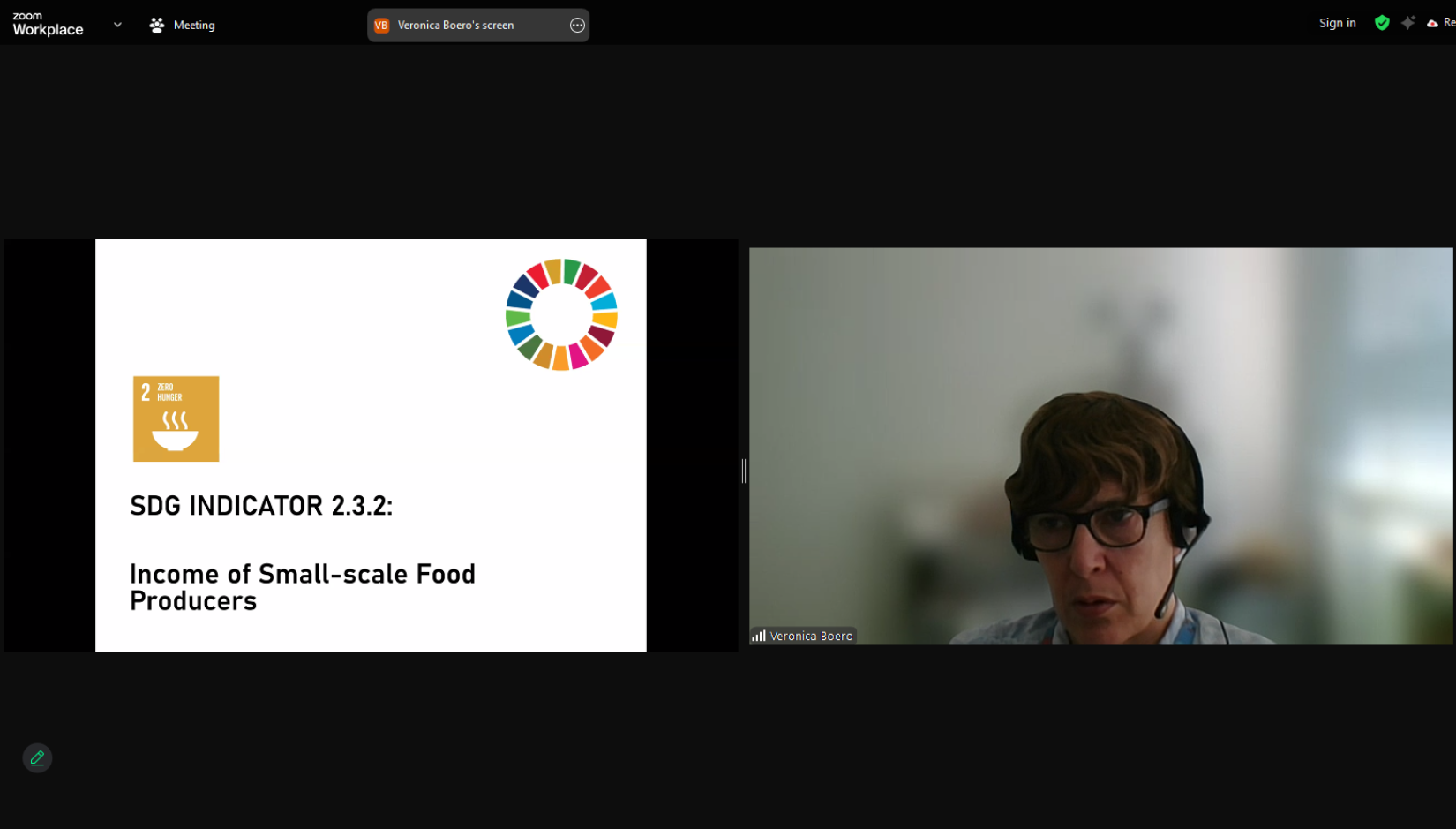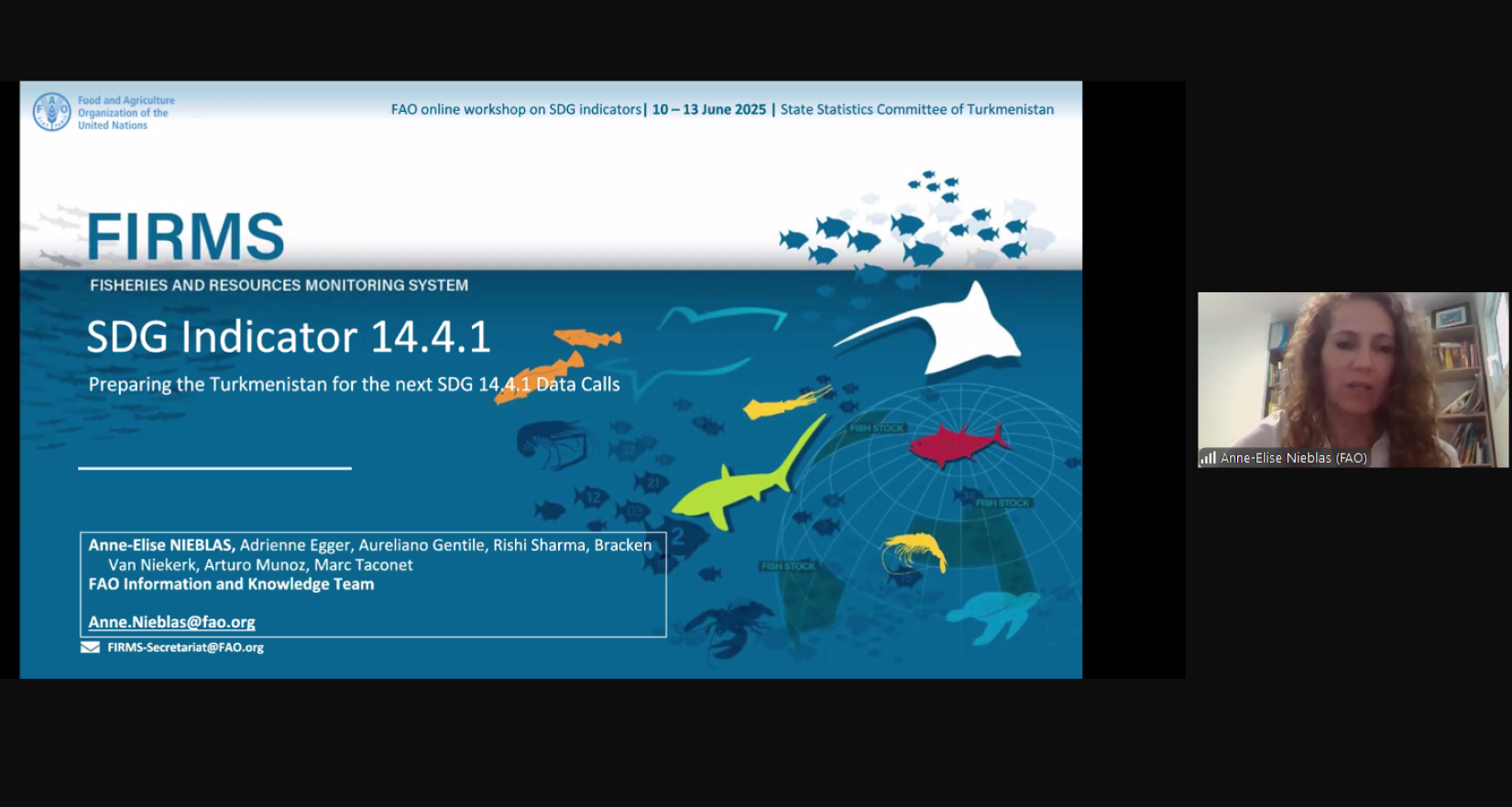FAO Strengthened National Capacity on SDG Indicators
16 June 2025
Ashgabat, Turkmenistan, 13 June 2025 – From 10 to 13 June 2025, the Food and Agriculture Organization of the United Nations (FAO) supported by United Nations Resident Coordinator’s Office in Turkmenistan, in close partnership with the State Statistics Committee of Turkmenistan, organized a comprehensive four-day online webinar for national institutions and stakeholders. The event was designed to enhance technical knowledge and national capacities related to key Sustainable Development Goal (SDG) indicators, with a strong focus on methodology, data collection, and national implementation.
Participants included specialists and representatives from national ministries, statistical offices, and sectoral agencies actively engaged in SDG monitoring and reporting. The webinar provided an in-depth look at several complex and high-priority SDG indicators, including gender equality in land rights (SDG 5.a.1), water resource management (SDG 6.4.2), sustainable agriculture (SDG 2.4.1), support to small-scale food producers (SDG 2.3.1 and 2.3.2), and sustainable fisheries (SDG 14.4.1).

Throughout the sessions, FAO experts presented global methodologies, explained sub-indicators and data requirements, and guided national counterparts on how to interpret, adapt, and apply these indicators in the national context. Practical exercises using Excel, discussions on challenges in data collection, institutional arrangements, and strategies for aligning national systems with international reporting standards were all key components of the agenda.

Particular attention was given to nationalizing SDG 2.4.1, with sessions devoted to its economic, environmental, and social dimensions, including the use of survey tools, alternative data sources, and steps toward full integration into national reporting frameworks. On the final day, participants practiced methodologies for identifying small-scale manufacturers of agricultural products, calculating productivity indicators using real datasets, and examined national readiness to report on the sustainability of fish stocks.

This collaborative training served as a platform for open dialogue, knowledge exchange, and capacity development in line with the 2030 Agenda. It reflects the ongoing commitment of the UN Agencies to support evidence-based policymaking and improve national data systems that underpin sustainable development efforts.





